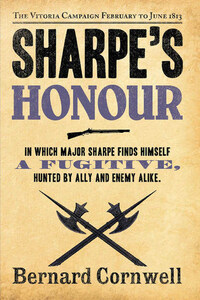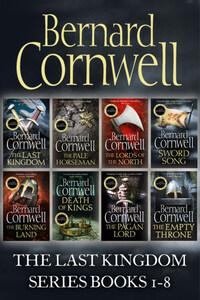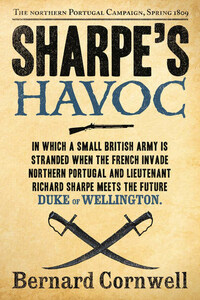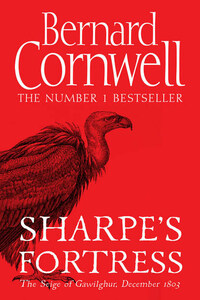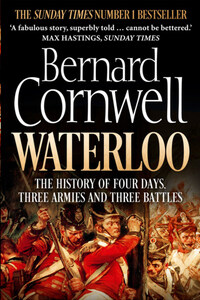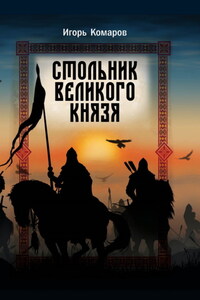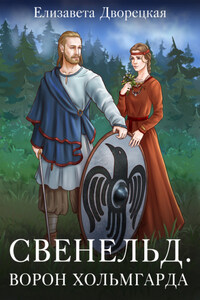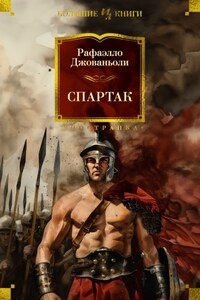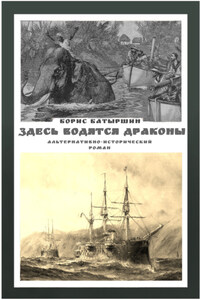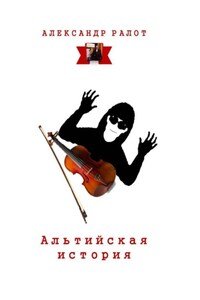The Lords of the North
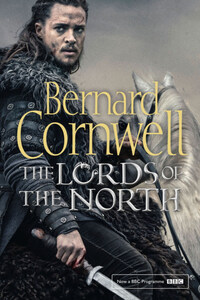
BBC2’s major TV series THE LAST KINGDOM is based on Bernard Cornwell’s bestselling novels on the making of England and the fate of his great hero, Uhtred of Bebbanburg. THE LORDS OF THE NORTH is the third book in the series.
Season 2 of the epic TV series premiers this March.
Uhtred wants revenge. He wants the land and castle that is his. He wants his treacherous uncle to pay for taking them.
Heading north with his lover, former nun Hild, he finds chaos as the Vikings battle among themselves to consolidate their hold on the region. At the heart of it are men from Uhtred’s past – Sven the One-Eyed and Kjartan the Cruel, men of vicious reputation. Still, he has matched such men before.
Then Uhtred suffers a betrayal to rival the treachery that deprived him of his birthright. It will leave him trapped with no hope of escape…
Uhtred of Bebbanburg’s mind is as sharp as his sword. A thorn in the side of the priests and nobles who shape his fate, this Saxon raised by Vikings is torn between the life he loves and the cause he has sworn to serve.
Книга издана в 2012 году.
